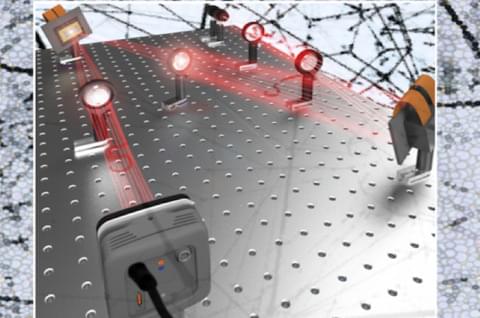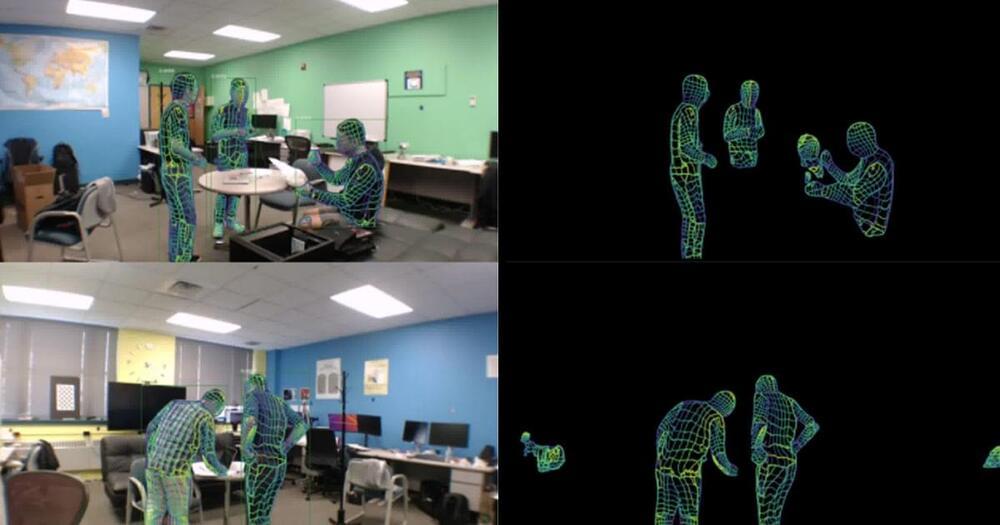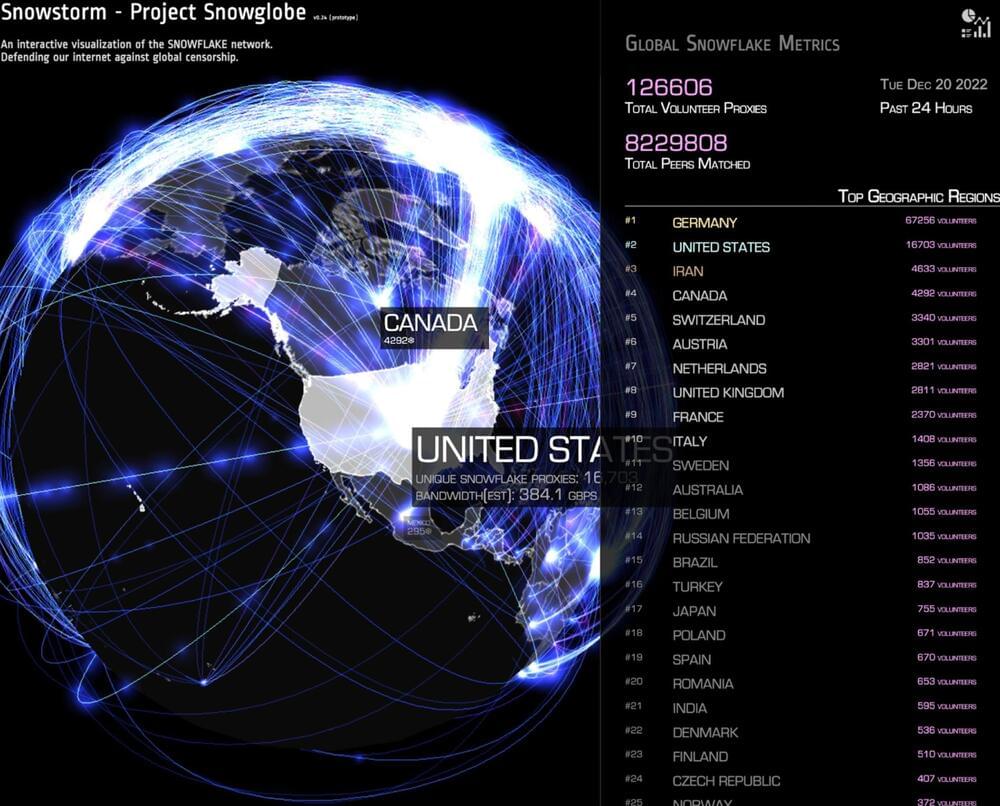The results highlight some potential strengths and weaknesses of ChatGPT.
Some of the world’s biggest academic journal publishers have banned or curbed their authors from using the advanced chatbot, ChatGPT. Because the bot uses information from the internet to produce highly readable answers to questions, the publishers are worried that inaccurate or plagiarised work could enter the pages of academic literature.
Several researchers have already listed the chatbot as a co-author in academic studies, and some publishers have moved to ban this practice. But the editor-in-chief of Science, one of the top scientific journals in the world, has gone a step further and forbidden any use of text from the program in submitted papers.
It’s not surprising the use of such chatbots is of interest to academic publishers. Our recent study, published in Finance Research Letters, showed ChatGPT could be used to write a finance paper that would be accepted for an academic journal. Although the bot performed better in some areas than in others, adding in our own expertise helped overcome the program’s limitations in the eyes of journal reviewers.
However, we argue that publishers and researchers should not necessarily see ChatGPT as a threat but rather as a potentially important aide for research — a low-cost or even free electronic assistant.
Our thinking was: if it’s easy to get good outcomes from ChatGPT by simply using it, maybe there’s something extra we can do to turn these good results into great ones.
We first asked ChatGPT to generate the standard four parts of a research study: research idea, literature review (an evaluation of previous academic research on the same topic), dataset, and suggestions for testing and examination. We specified only the broad subject and that the output should be capable of being published in “a good finance journal.”






